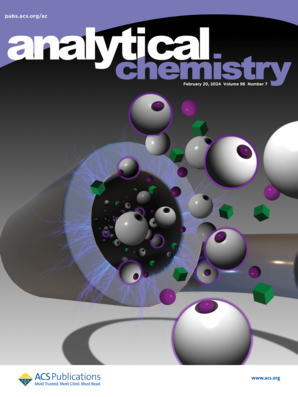Novel Multimode Assay Based on Asymmetrically Competitive CRISPR and Raman Barcode Spectra for Multiple Hepatocellular Carcinoma Biomarkers Detection
Abstract
Commercial pregnancy test strips (PTS) possess the advantages of lower price, higher stability, and better repeatability and have been popularized to integrate with novel sensing strategies to detect other disease biomarkers, which accelerates the commercialization process of those novel sensing strategies. However, the current integration of novel sensing strategies into commercial PTS still faced the problems of insufficient quantification, low sensitivity, and lack of multiple detection capabilities. Hence, we proposed the concept of “visual classification recognition, spectral signal subdivision” for multiple hepatocellular carcinoma biomarkers (miRNA122 and miRNA233) detection with dual signals based on asymmetric competitive CRISPR (acCRISPR) and surface-enhanced Raman spectroscopy coupling with PTS, named the acCRISPR-PTS-SERS assay. In this assay, acCRISPR was used as a nonamplified cascaded signal amplification method to improve the sensitivity of detection. Two AuNPs-based core–shell Raman tags, each corresponding to different miRNA biomarkers, were used to achieve both visual recognition and spectral segmentation to enhance the quantification of PTS detection and the capability for multiple detection. Under the optimal conditions, the LOD for miRNA122 and miRNA223 were 10.36 and 4.65 fM, respectively. The sensitivity was enhanced by nearly 2 orders of magnitude. In the future, simultaneous hand-held detection for fingerprint barcodes of different cancers can be achieved with the assistance of a microfluidic chip and smartphone.





